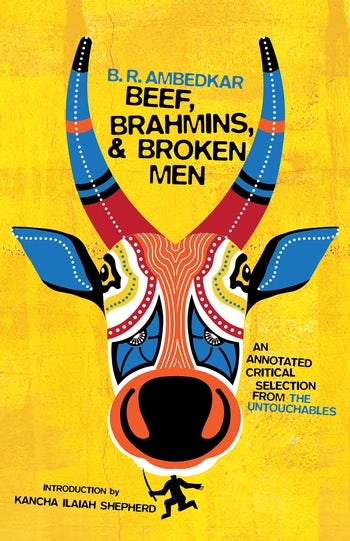My Life with the Taliban and other books for the new government in the UK
The Guardian recently asked a group of scholars, novelists, and other various experts to suggest books for the new government in the UK as they grapple with national debt, war in Afghanistan, climate change, and other thorny issues.
Along with Will Self, Mary Beard, Jeanette Winterson, and Michael Holroyd, the Guardian sought out the advice of novelist and essayist Pankaj Mishra, who recommended three Columbia/Hurst Books and one Columbia book: My Life with the Taliban, by Abdul Salam Zaeef, Decoding the New Taliban: Insights from the Afghan Field, edited by Antonio Giustozzi, Making Sense of Pakistan, by Farzana Shaikh, and Frontline Pakistan: The Struggle with Militant Islam, by Zahid Hussain.
Here is an excerpt from Mishra’s list of suggested readings:
“Britain,” the American diplomat Dean Acheson famously quipped in 1962, “has lost an empire but has not yet found a role.” As it turned out, Britain did find an international role—a slightly undignified one—and now, as powerful young actors jostle its ageing patron on the world stage, it needs, very urgently, a new script.
Barack Obama is not as openly contemptuous of the “special relationship” as Dick Cheney was; but his serene indifference makes it look even more like a case of unrequited, and largely misplaced, love. Britain has lost its subordinate, post-imperial role, but has not yet found its own voice. France and Germany already speak for Europe. Britain can and should speak for itself, and if it uses a language of reason and morality rather than cynical opportunism and brute force, it may be surprised to find how much its voice can still resonate across a multi-polar world.
But this will require abandoning the old distorting illusions and fantasies of a power that Britain never quite possessed. The new prime minister and foreign secretary could make no better start than by consigning to the Oxfam bin books by “prestigious” Anglo-American pundits who routinely proclaimed until quite recently that the world is flat, or that its unruly Asiatic hordes need a new imperial master, failing which their leaders could be bribed and flattered into becoming “international stakeholders”.
Some “local” knowledge rather than the op-ed gaseousness of the metropolitan media would be imperative in the months to come. In Afghanistan, two important guides to a resilient resistance are My Life With the Taliban, a revealing memoir by Abdul Salam Zaeef, Afghanistan’s former foreign minister, and Decoding the New Taliban, edited by Antonio Giustozzi, a longstanding and shrewd analyst of the mercurial political movement.
Pakistan, Britain’s presumed ally, remains no less unpredictable as it lurches from years of west-supported military dictatorship to chaotically mixed army-civilian rule; the speed of its internal changes makes most books seem dated on the day they are published. Two sober analyses of the country—Making Sense of Pakistan by Farzana Shaikh and Frontline Pakistan by Zahid Hussein – ought to be supplemented by frequent visits to the website of the Karachi English-language newspaper, Dawn, especially the bracing columns of Nadeem Paracha


